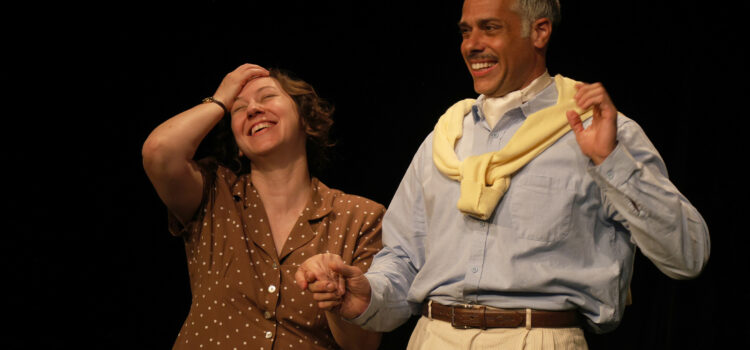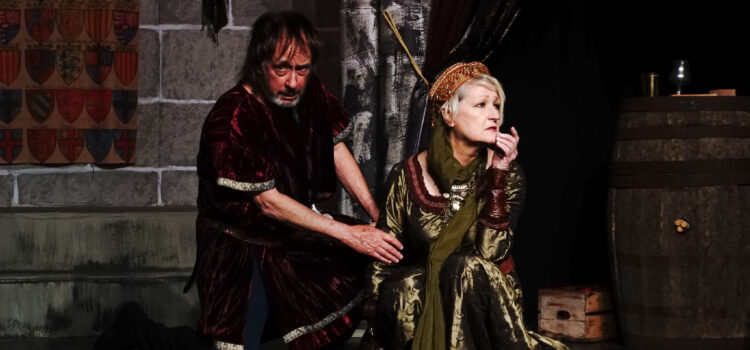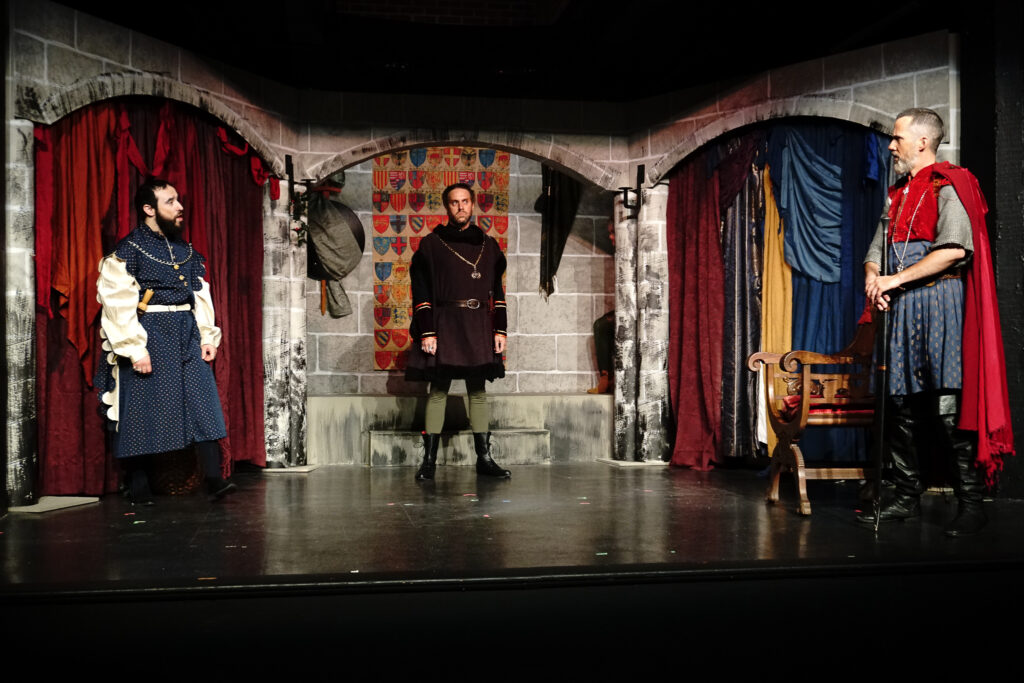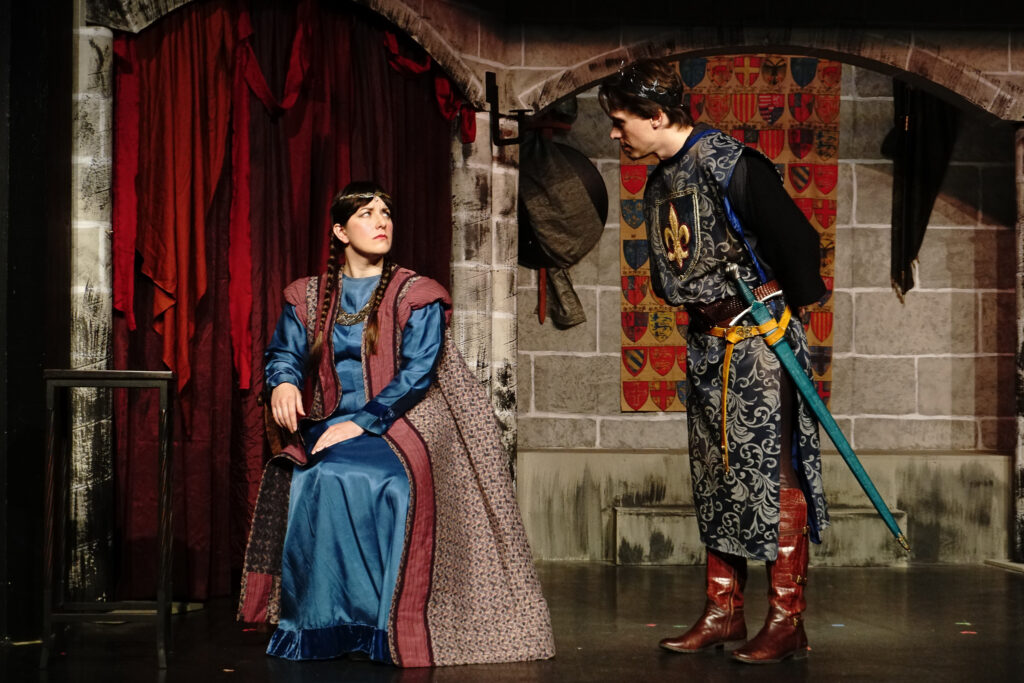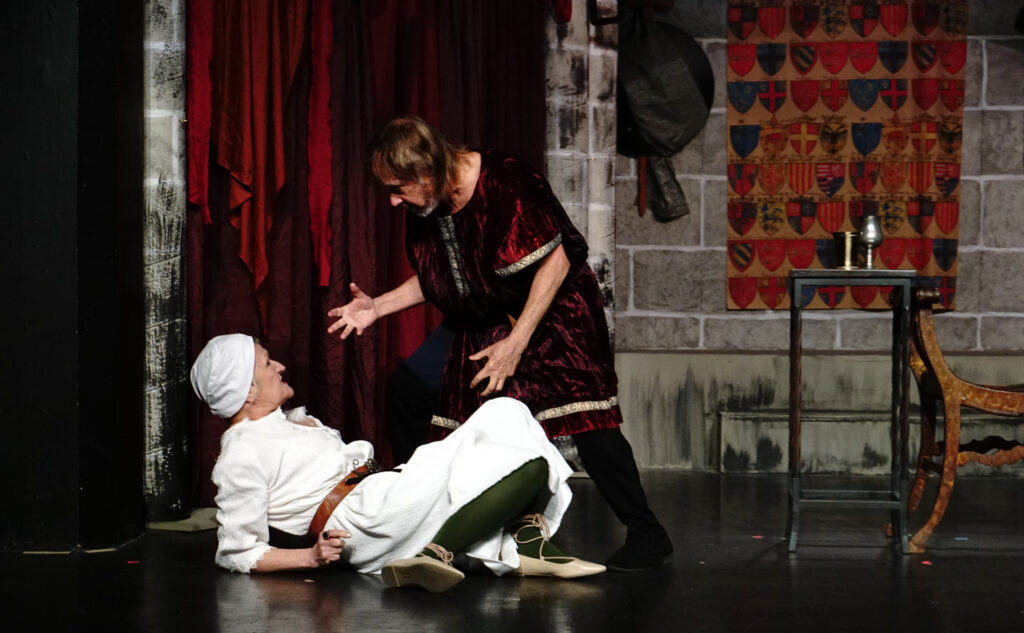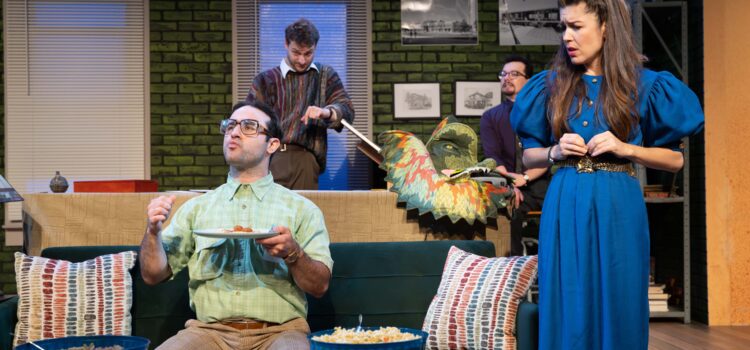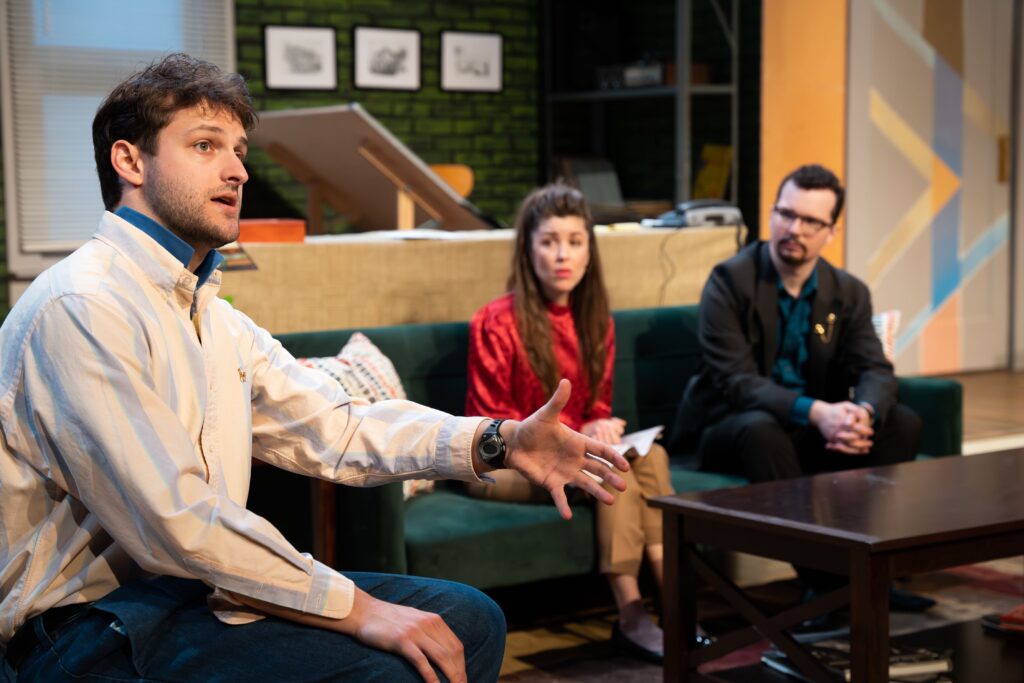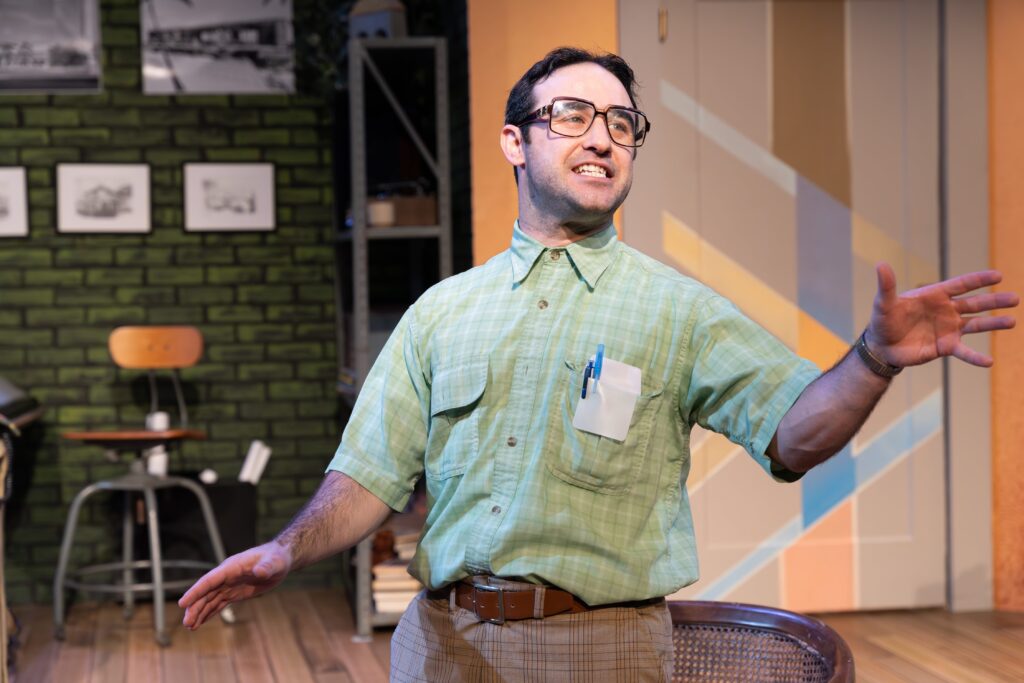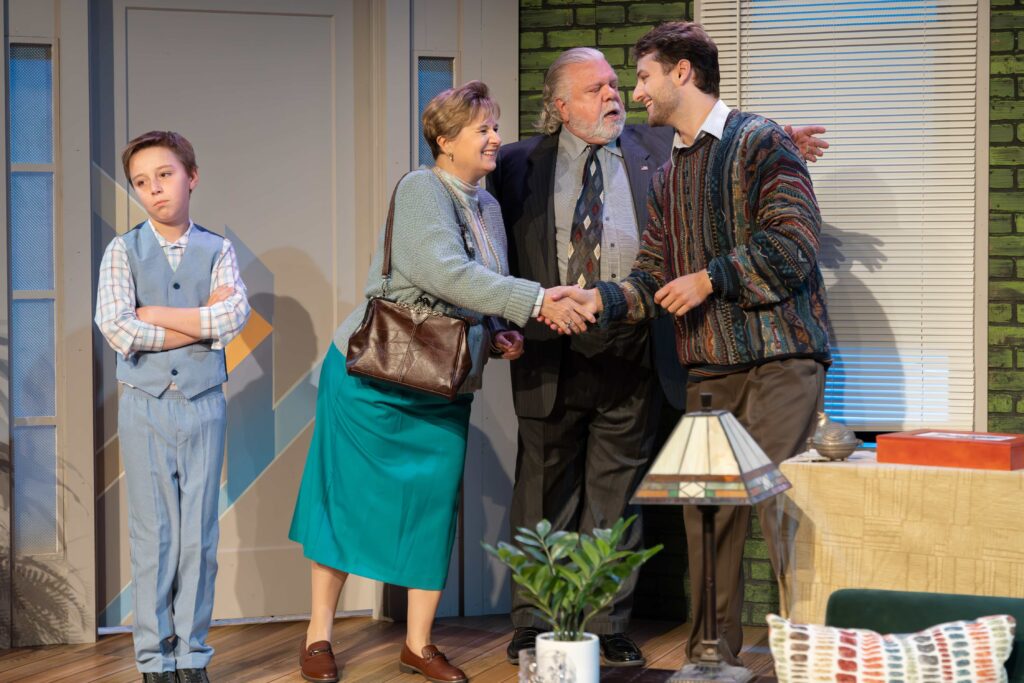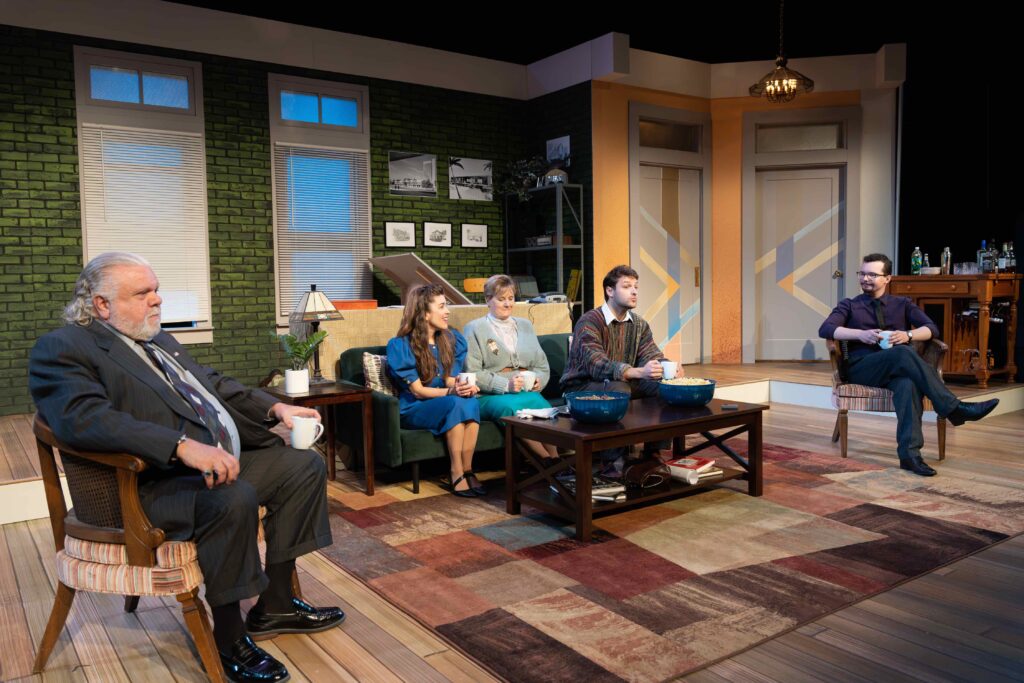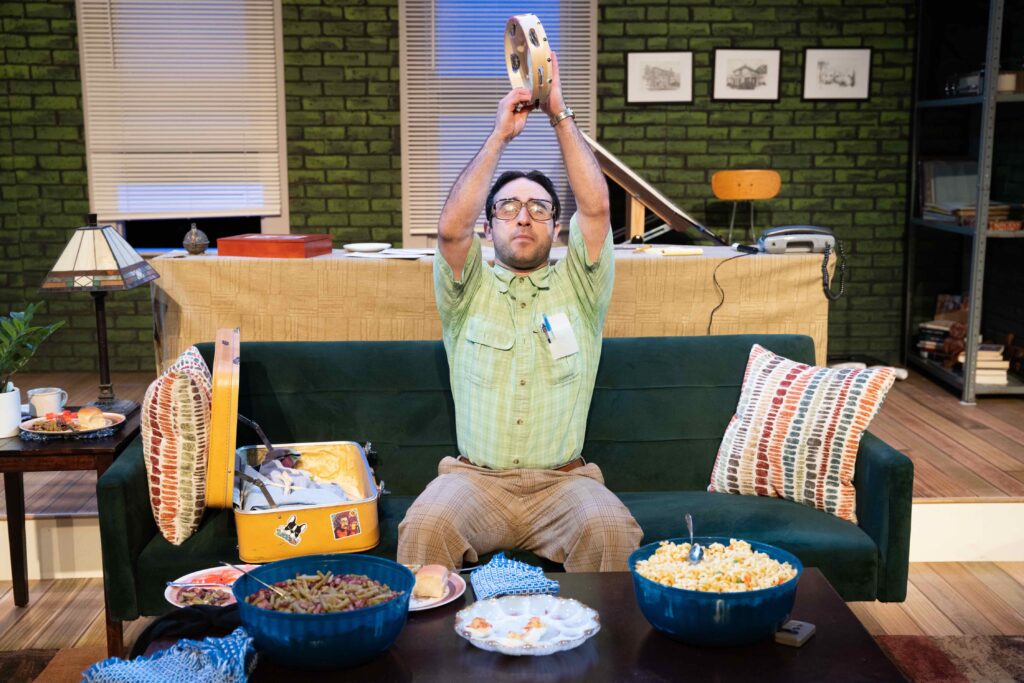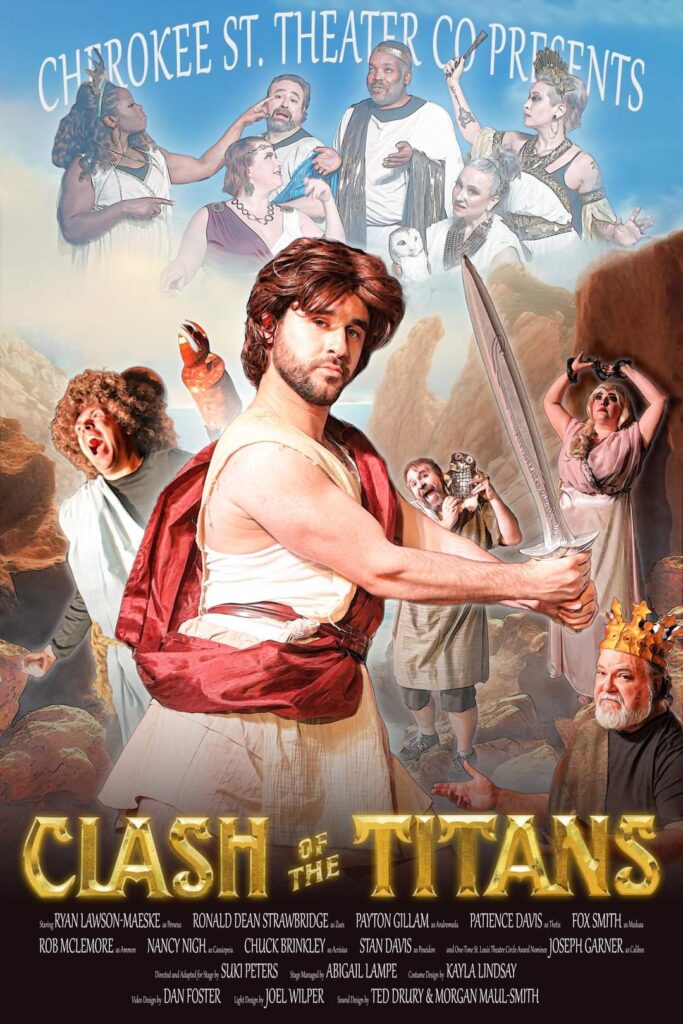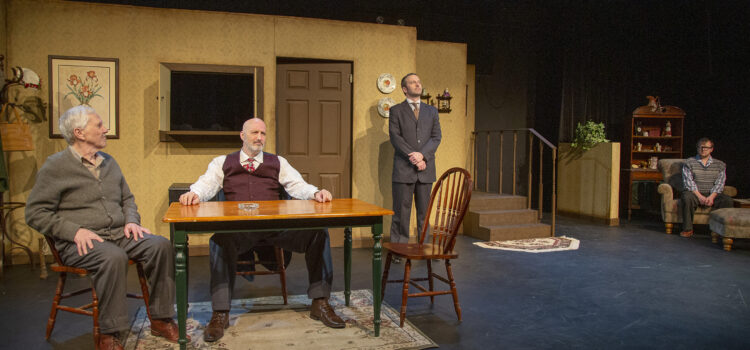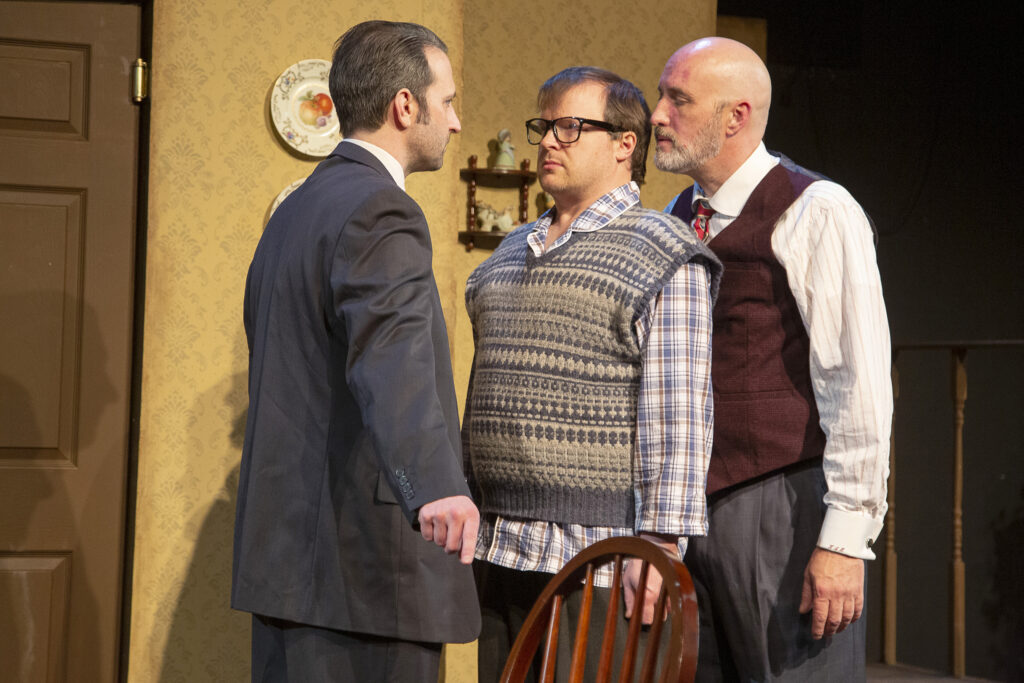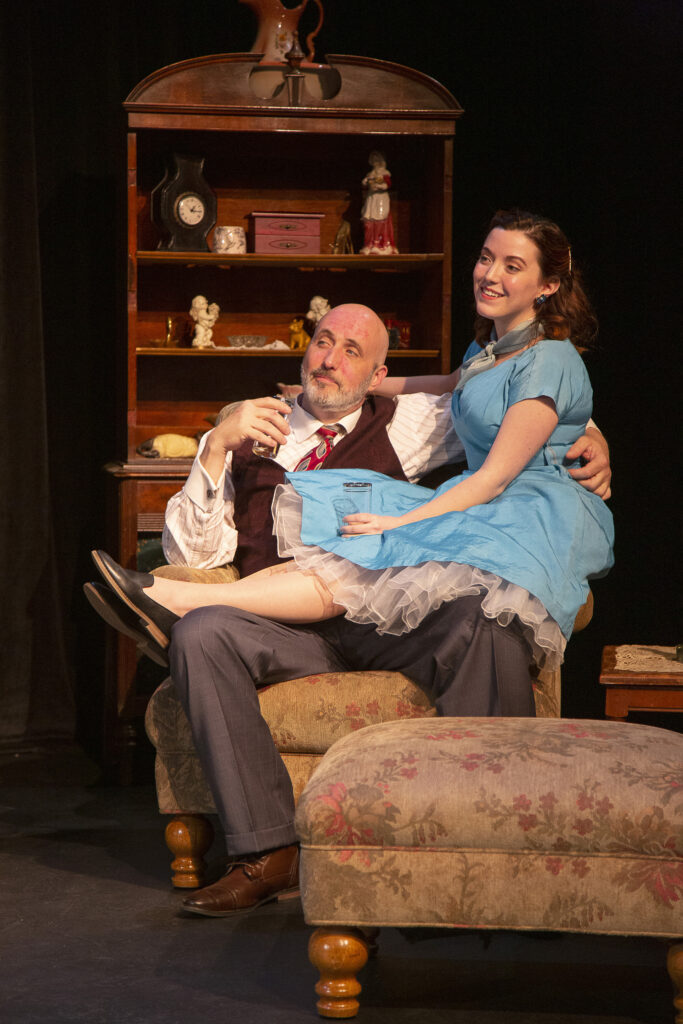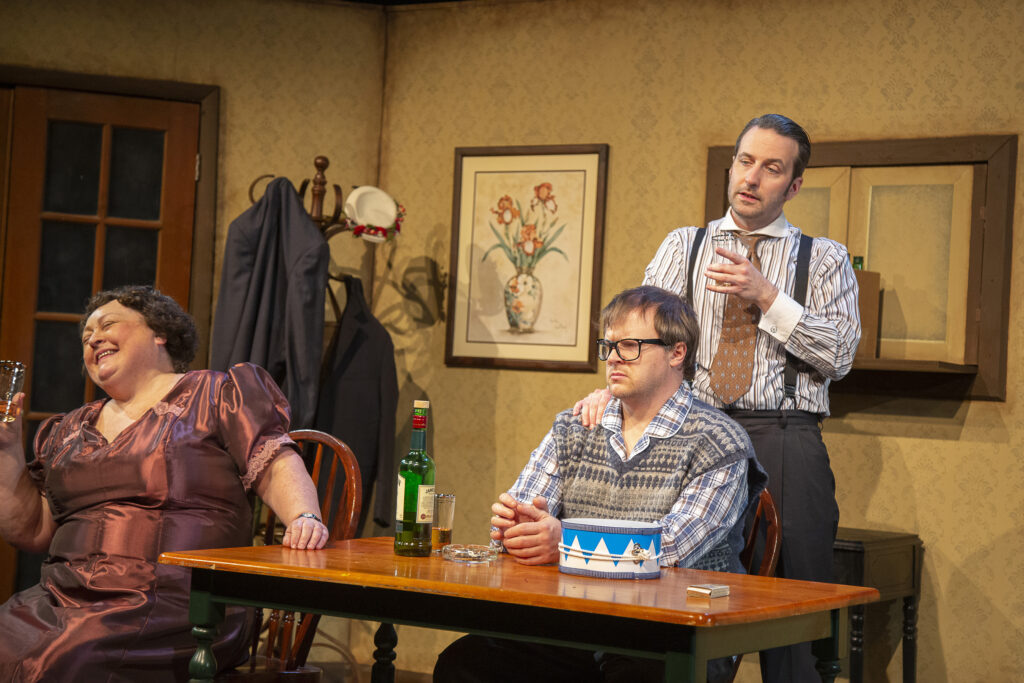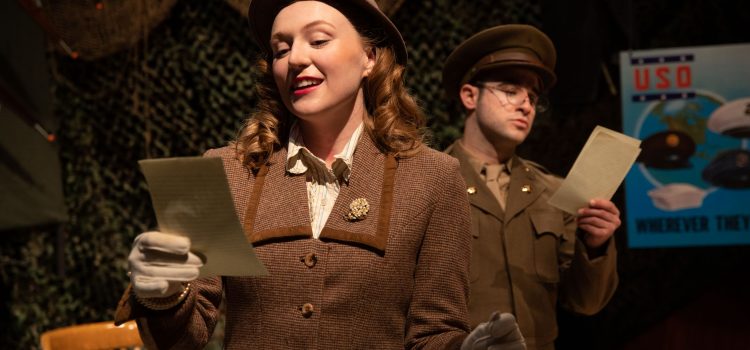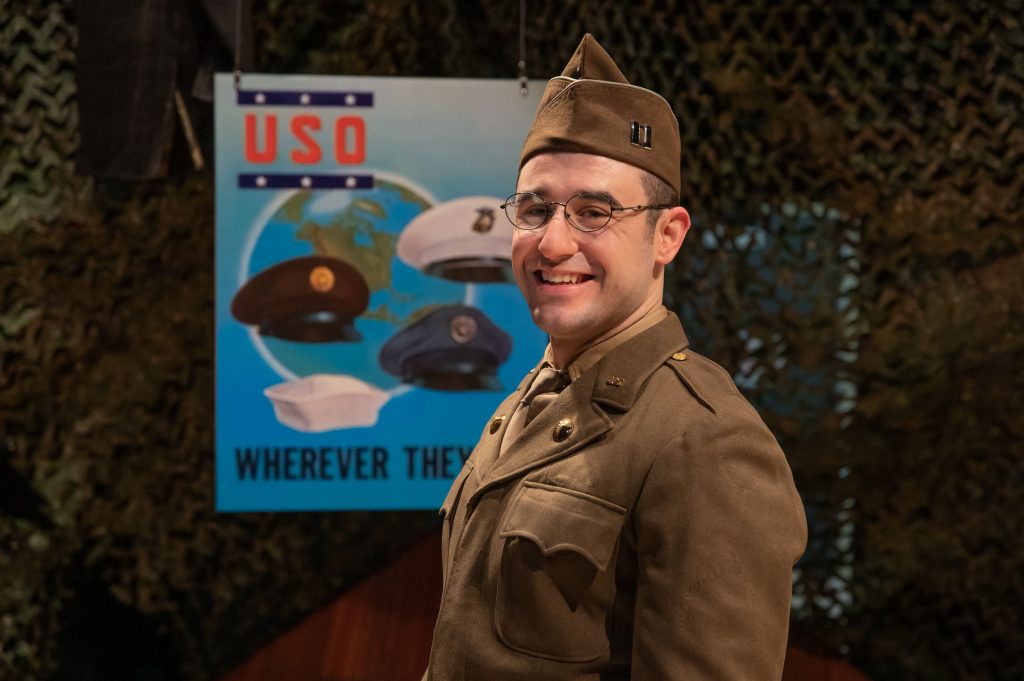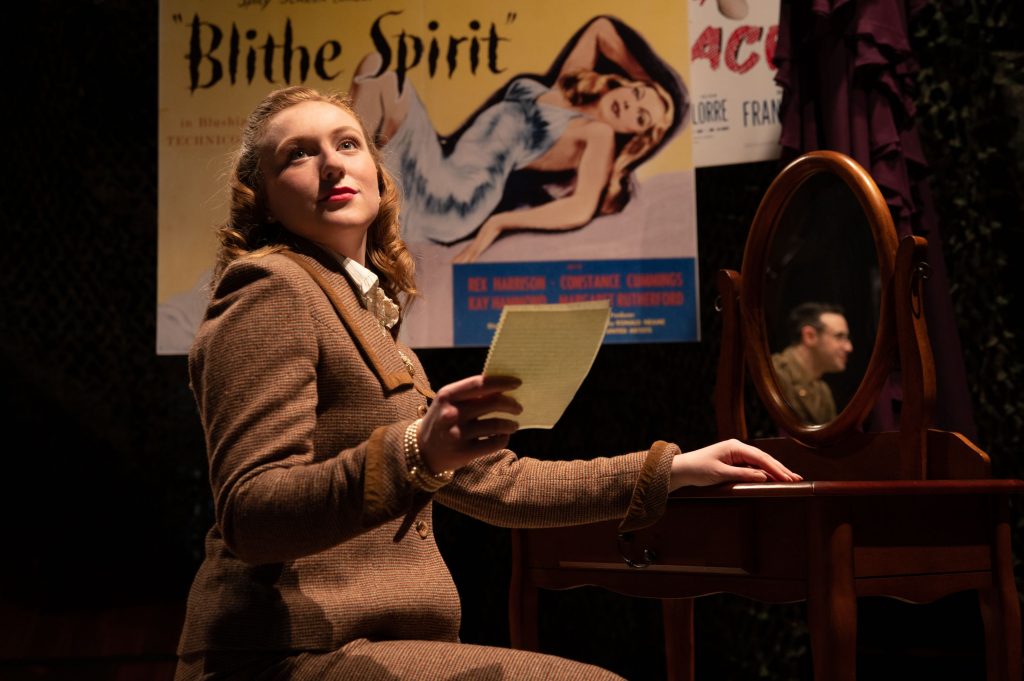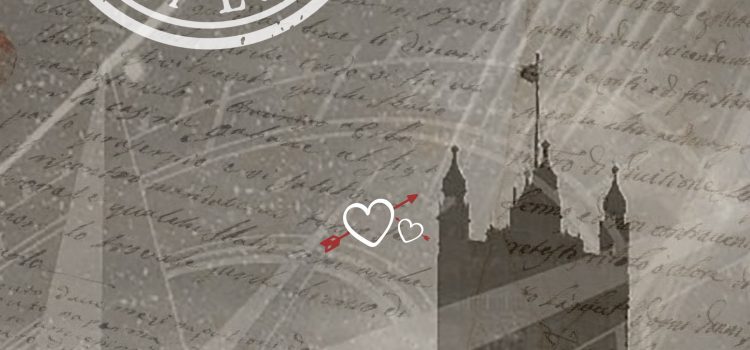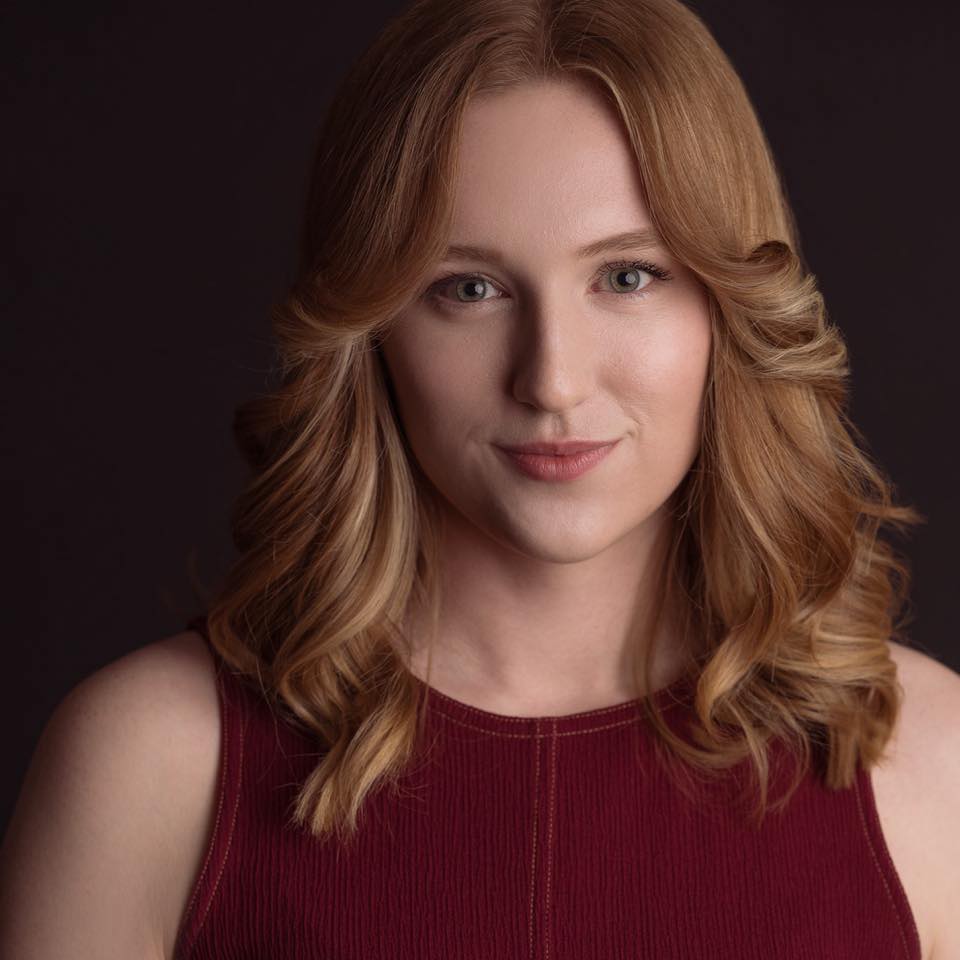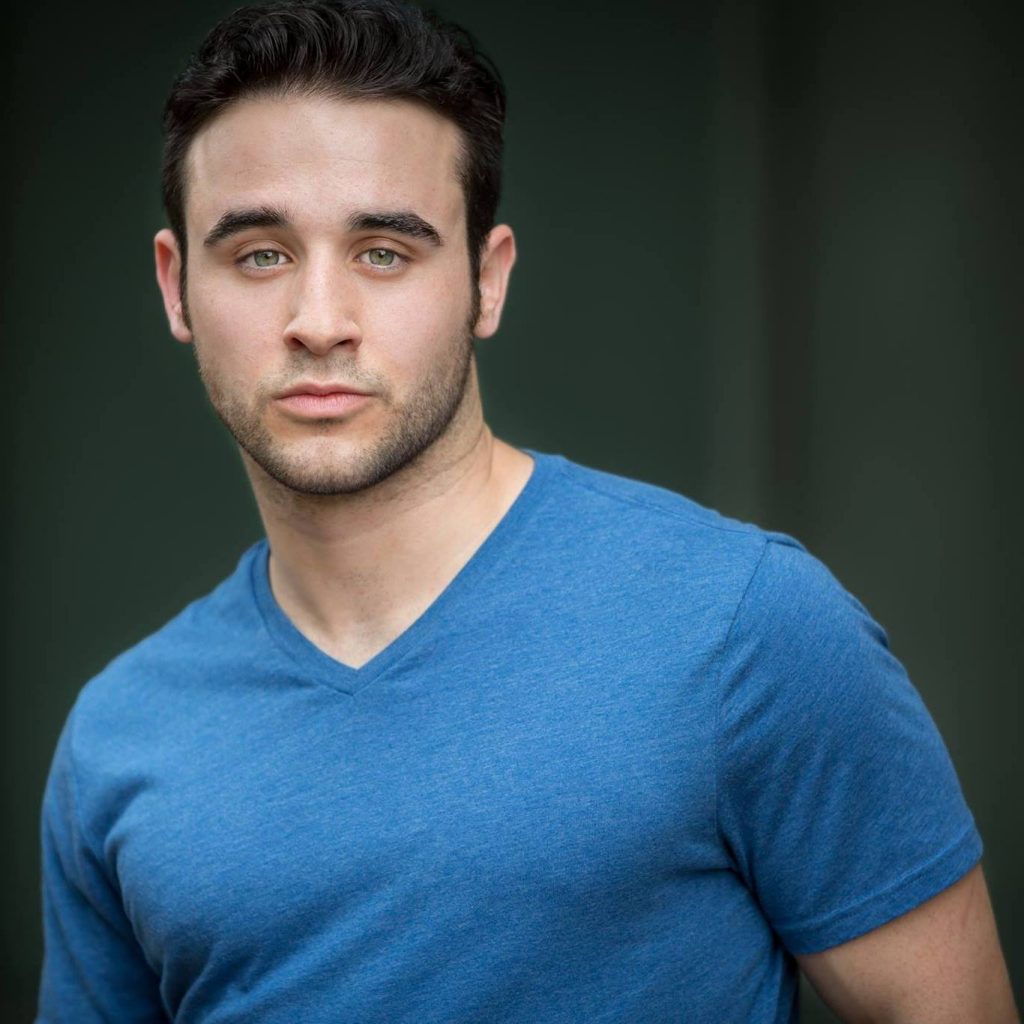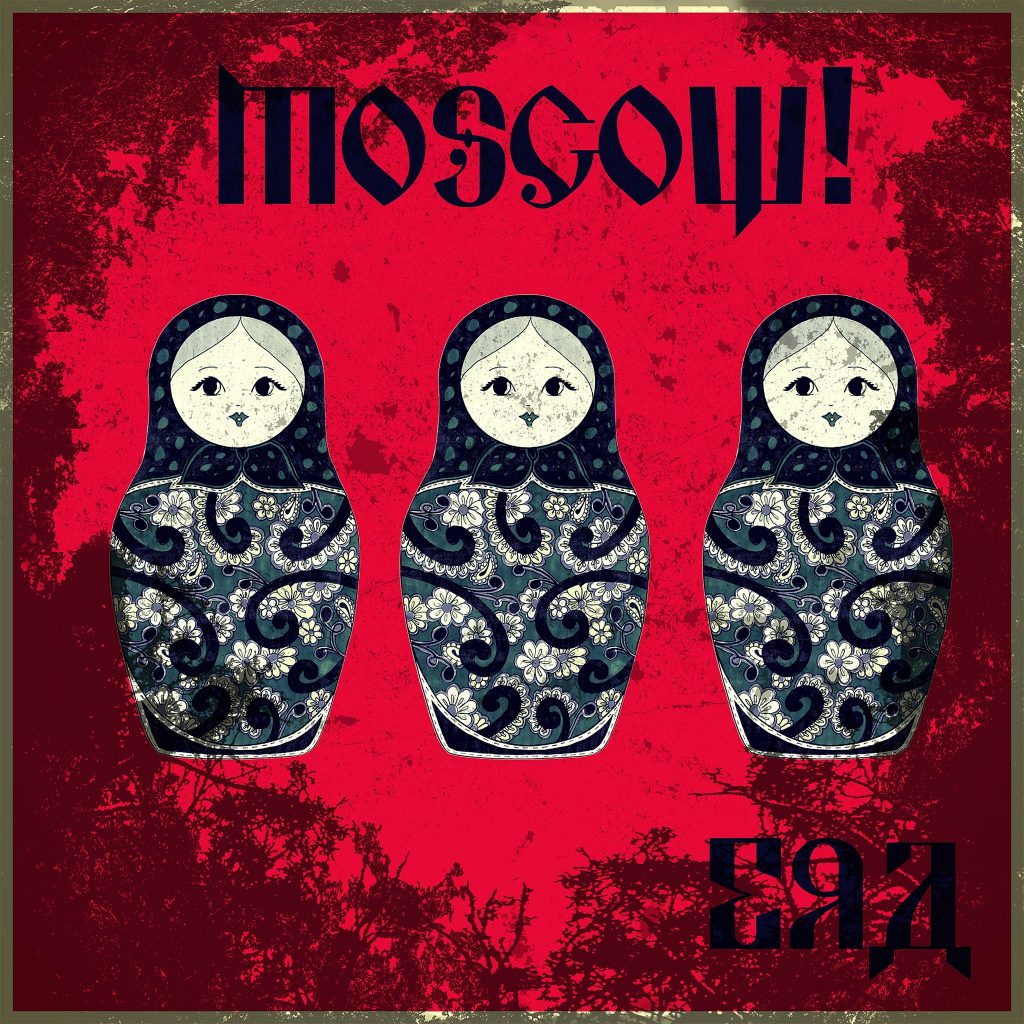By Lynn Venhaus
Something is noticeably off-kilter as “Woman in Mind” embarks on an exploration of mental illness, an unusual dramedy from one of England’s most highly regarded playwrights, Alan Ayckbourn.
Albion Theatre, which specializes in works centered in the United Kingdom, tackles another complex production with elan. With its rigorous roles and uncommon style, “Woman in Mind” has a higher level of difficulty to pull off than last year’s amusing Ayckbourn black comedy “Absent Friends.”
But as with all their shows, they attract a top-tier ensemble, and this one’s a well-modulated unit – with each performer standing out in their debuts with the company.
Director Robert Ashton keeps the audience on their toes, for this play is told from a subjective first-person perspective. The imaginary world is vividly presented.
Ayckbourn, who has written 90 plays, has often toyed with conventional structures and crafted eccentric characters, many of whom are going through relationship difficulties and are at a crossroads.
He is fond of presenting class and gender discrepancies, with his quirky wit, and this one tackles certain failures to address mental health before it reaches crisis level.
Word is that “Woman in Mind” draws from his mother’s nervous breakdown and his estranged relationship with his son. In any case, it feels authentic despite the absurdities, and some outlandish swerves later in the narrative.
Written in 1985, the play is set in a home’s backyard garden in a small town south of London, and a loveless marriage is the springboard to how neglect manifests madness.
The main character, Susan, appears dazed and confused after falling while doing yardwork, initially conked on the head by a rake. Never leaving the stage, Emily Baker is compelling as she expresses every fleeting emotion when trying to figure out what has happened to her.
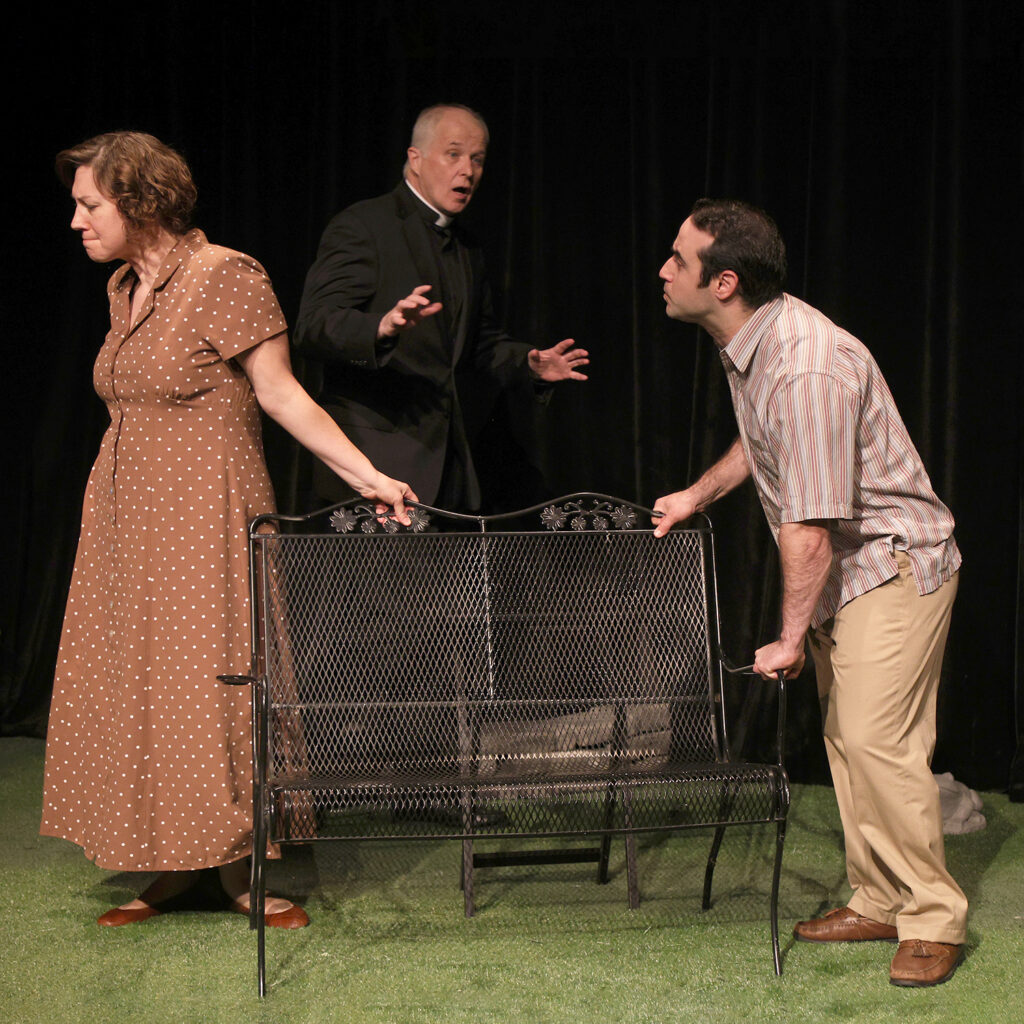
It’s a tour de force performance, for Baker adroitly alternates between a surreal dream life and a grim nightmarish reality. While a brain injury is no laughing matter, how Ayckbourn handles the tonal shifts is interesting.
Miserable spouses have been key components to social commentaries the women’s liberation movement of the 1970s produced in films such as “Diary of a Mad Housewife,” “An Unmarried Woman,” and “Alice Doesn’t Live Here Anymore,” and one could draw similarities here.
Ayckbourn is actually bold and daring when revealing the two very different scenarios as supporting characters are introduced. We see what Susan sees and hears what she does, and the blurred lines are striking.
Danny Brown’s thoughtful performance as Bill Windsor, Susan’s concerned, caring doctor, triggers the red flags. The hallucinations are played for laughs, not unlike a vintage screwball comedy.
When an attentive husband, a jovial brother and an adoring daughter show up, acting more like characters in a modern prescription drug commercial or referencing a 1960s TV family sitcom, the unreal atmosphere is intriguing.
It helps that Isaiah Di Lorenzo, in jaunty Cary Grant mode, and Joseph Garner, as an exaggerated version of beloved Brit comic actor Terry Thomas, willingly chew the scenery playing the fantasy husband Andy and cheerful sibling Tony. Both forces of nature on local stages, their performances always entertain and usually have a surprise element.
The expressive relationship dynamics point to Susan’s unhappiness. Sarah Vallo plays the fantasy daughter Lucy in the image of a perky, agreeable debutante that appears to be her mum’s best friend.
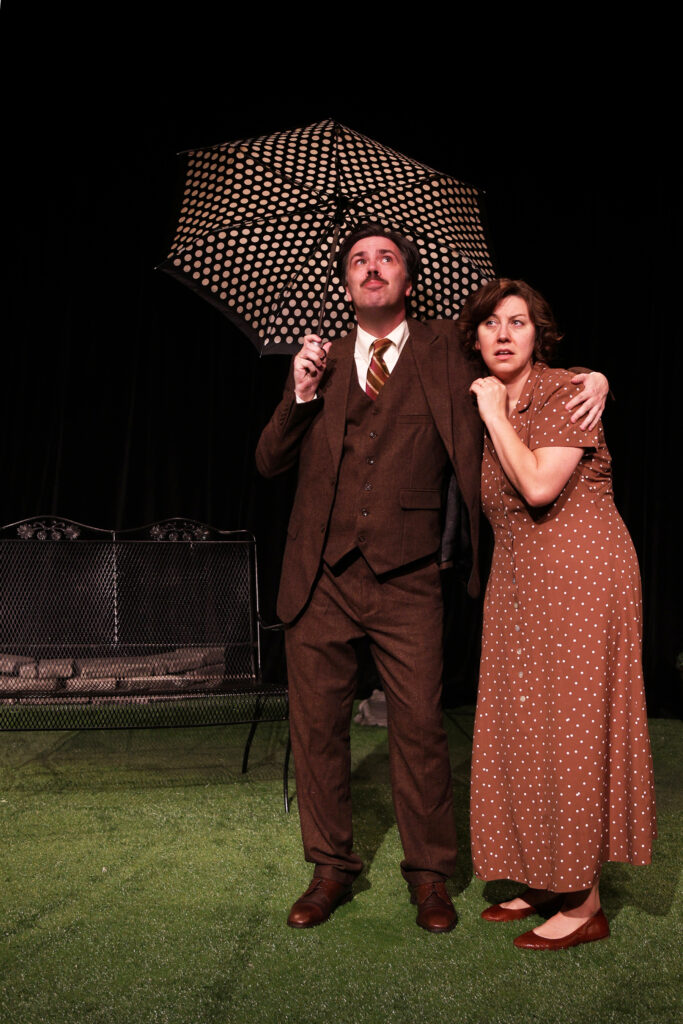
These idealistic images contrast sharply with the real people causing her pain. Matt Hanify plays her dull and self-absorbed husband Gerald, a vicar, as an unaffectionate stick-in-the-mud, and Ryan Lawson-Maeske is her tone-deaf son Rick, an ungrateful selfish adult who hasn’t communicated with his mother since he joined a cult, but now is free.
From her point of view, neither are willing to give her what she craves, and their lack of compassion has led to Susan’s breaking point.
These are unsympathetic roles convincingly portrayed by Hanify and Lawson-Maeske. But in another twist, they offer some harsh truths about Susan’s failings as a wife and mother that add another layer of dysfunction.
In a comic relief role, Susan Wylie is Muriel, Susan’s sister-in-law who often acts as a housekeeper, equal parts exasperated and daffy. And her culinary mishaps are hilarious. She is obsessed, however, with her deceased husband.
Because a nervous breakdown is a central theme, one imagines an unsettling and disturbing conclusion is inevitable, a la Tennessee Williams, rather than a happy musical comedy ending.
Aiding the creeping darkness is fine technical work from the creative staff. Michelle Zielinski’s lighting design and Jacob Baxley’s sound design enhance the moods while Tracey Newcomb’s costume choices match the personalities involved.
Erik Kuhn’s straightforward scenic design simply depicted a tidy garden, and he also oversaw the crisp tech work. Gwynneth Rausch’s ace work in multiple roles – assistant director, stage manager, and props – is again commendable.
The play, at about 2.5 hours plus intermission, becomes tedious with nonsensical gibberish in the final stretch as we toggle back-and-forth between a heightened reality and an increasingly wild series of events surrounding Lucy’s wedding that indicates David Lynchian weirdness.
But Baker’s mesmerizing performance showcases her keen intelligence and grasp of the character’s requirements, and that level of difficulty is not unlike a marathon runner, for the stamina on display is extraordinary.
After establishing herself as one of the more accomplished performers in town, she took a hiatus several years ago for all the right reasons, and now is back on the boards. It’s an exciting leading role return that should not be missed.
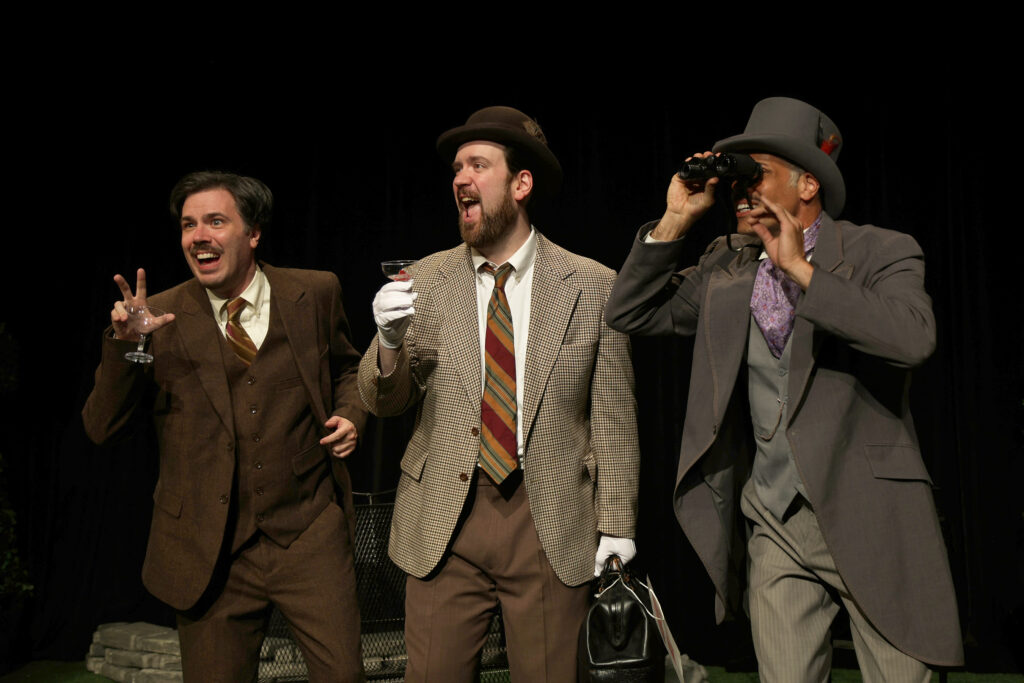
Albion Theatre presents “Woman in Mind” June 7 – 23 weekends at the Kranzberg Black Box, with performances at 8 p.m. Friday and Saturday, and at 2 p.m. on Sunday. For more information, visit www.AlbionTheatreSTL.org.

Lynn (Zipfel) Venhaus has had a continuous byline in St. Louis metro region publications since 1978. She writes features and news for Belleville News-Democrat and contributes to St. Louis magazine and other publications.
She is a Rotten Tomatoes-approved film critic, currently reviews films for Webster-Kirkwood Times and KTRS Radio, covers entertainment for PopLifeSTL.com and co-hosts podcast PopLifeSTL.com…Presents.
She is a member of Critics Choice Association, where she serves on the women’s and marketing committees; Alliance of Women Film Journalists; and on the board of the St. Louis Film Critics Association. She is a founding and board member of the St. Louis Theater Circle.
She is retired from teaching journalism/media as an adjunct college instructor.

